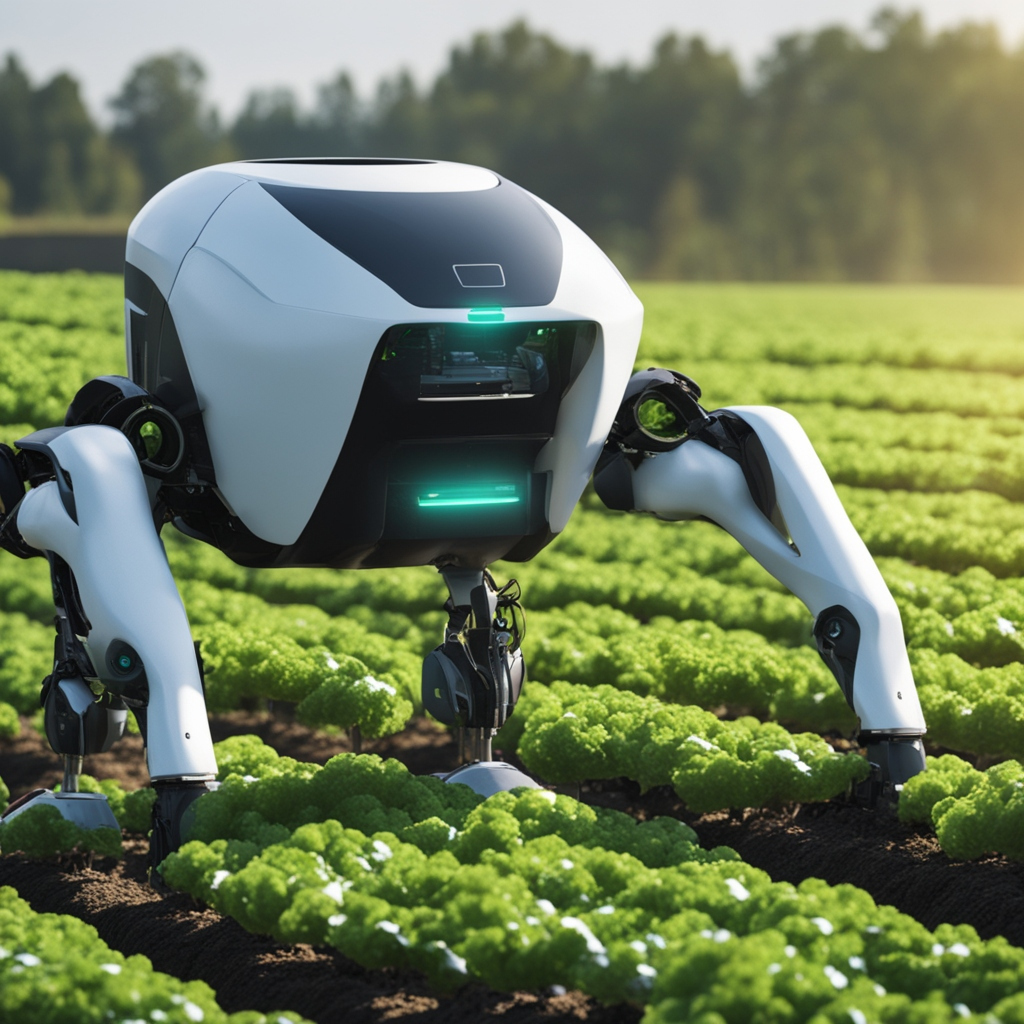 Back to projects
Back to projects

A fully autonomous, tech-driven agricultural ecosystem (ongoing project)
- Date: 2024 - Present
- Contact us to learn more about this project. *
Problem: Future farming has become one of the most intriguing and rapidly evolving topics in the research world, driven by advancements in artificial intelligence (AI), robotics, and biotechnology. These innovations are poised to transform the agriculture industry, which has relied on traditional methods for thousands of years. With the global population projected to reach 9.7 billion by 2050, and the demand for food expected to grow by 70%, the need for efficient, sustainable farming practices has never been more urgent.
AI and robotics, for example, are already revolutionising farming by automating tasks such as planting, weeding, and harvesting. Precision agriculture, enabled by AI, allows farmers to apply inputs like water, fertilizers, and pesticides with pinpoint accuracy, reducing costs by up to 80% in some cases. Fully autonomous solutions in orchards and vineyards can deliver up to $800 per acre in value. These technologies also help reduce the environmental impact of farming by minimising resource waste and optimising land use, which is critical as climate change continues to disrupt traditional farming methods.
Solution: In this project, we are evaluating the latest advancements in artificial intelligence (AI), robotics, and biotechnology to redefine the future of agriculture. Our primary focus is on optimising resource usage, enhancing productivity, and addressing the environmental challenges that are increasingly impacting the agricultural sector. By integrating these cutting-edge technologies, we aim to develop a sustainable, efficient, and cost-effective model for the next generation of farming.
Our ultimate goal is to create a fully autonomous, tech-driven agricultural ecosystem where AI, robotics, and biotechnology work in unison to deliver an optimised, self-sustaining farming model. This ecosystem will ensure that future farms are more productive, resilient, and adaptable to the growing global food demand, which is projected to increase by 70% by 2050. By harnessing the power of these technologies, we can revolutionise farming practices and help farmers - both large-scale and smallholder - overcome the challenges of modern agriculture while significantly reducing environmental impact.

